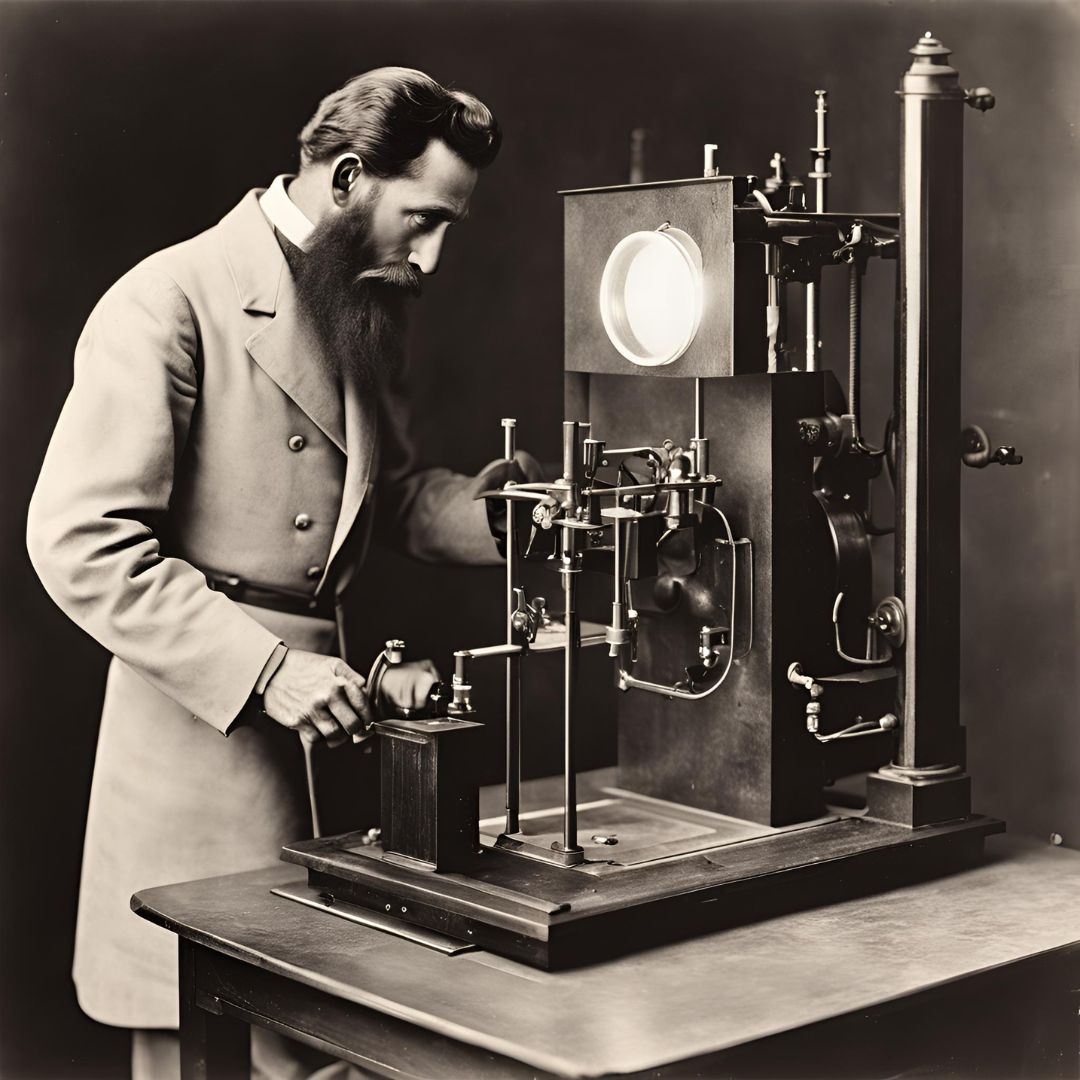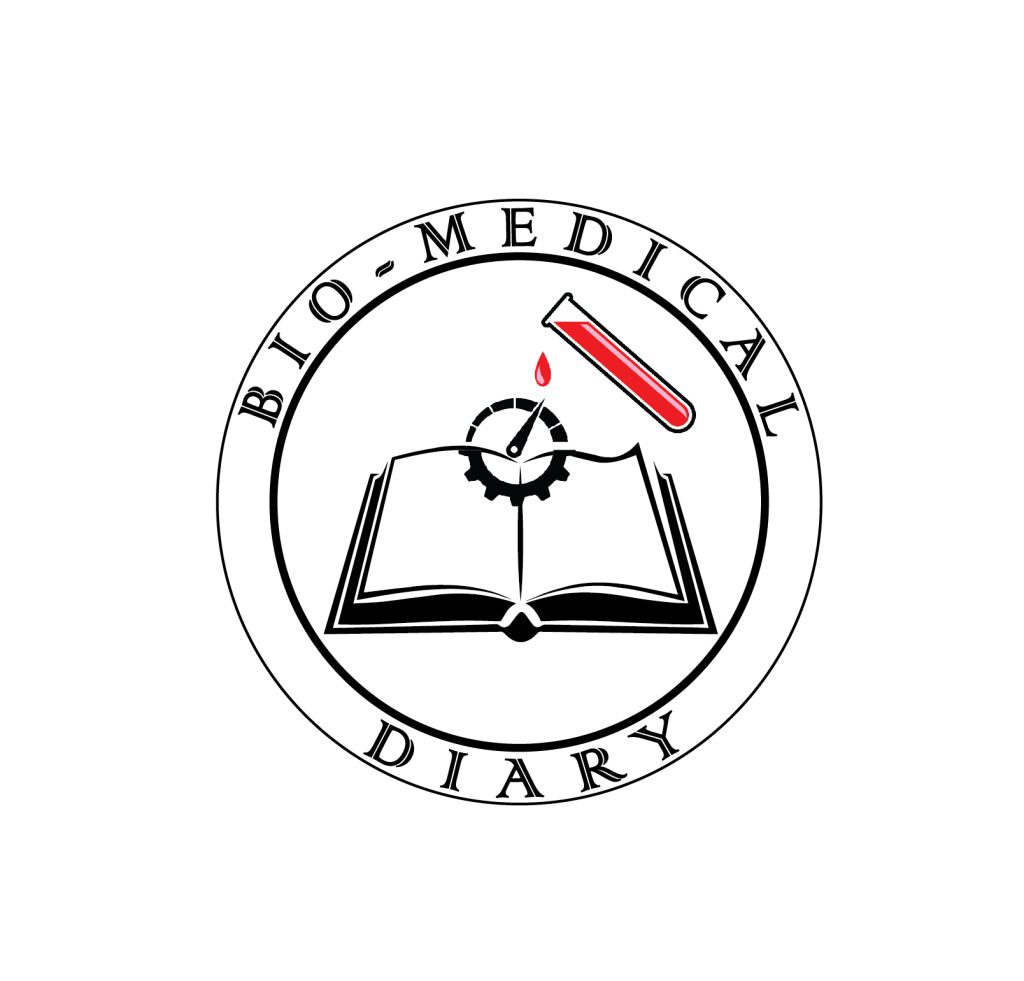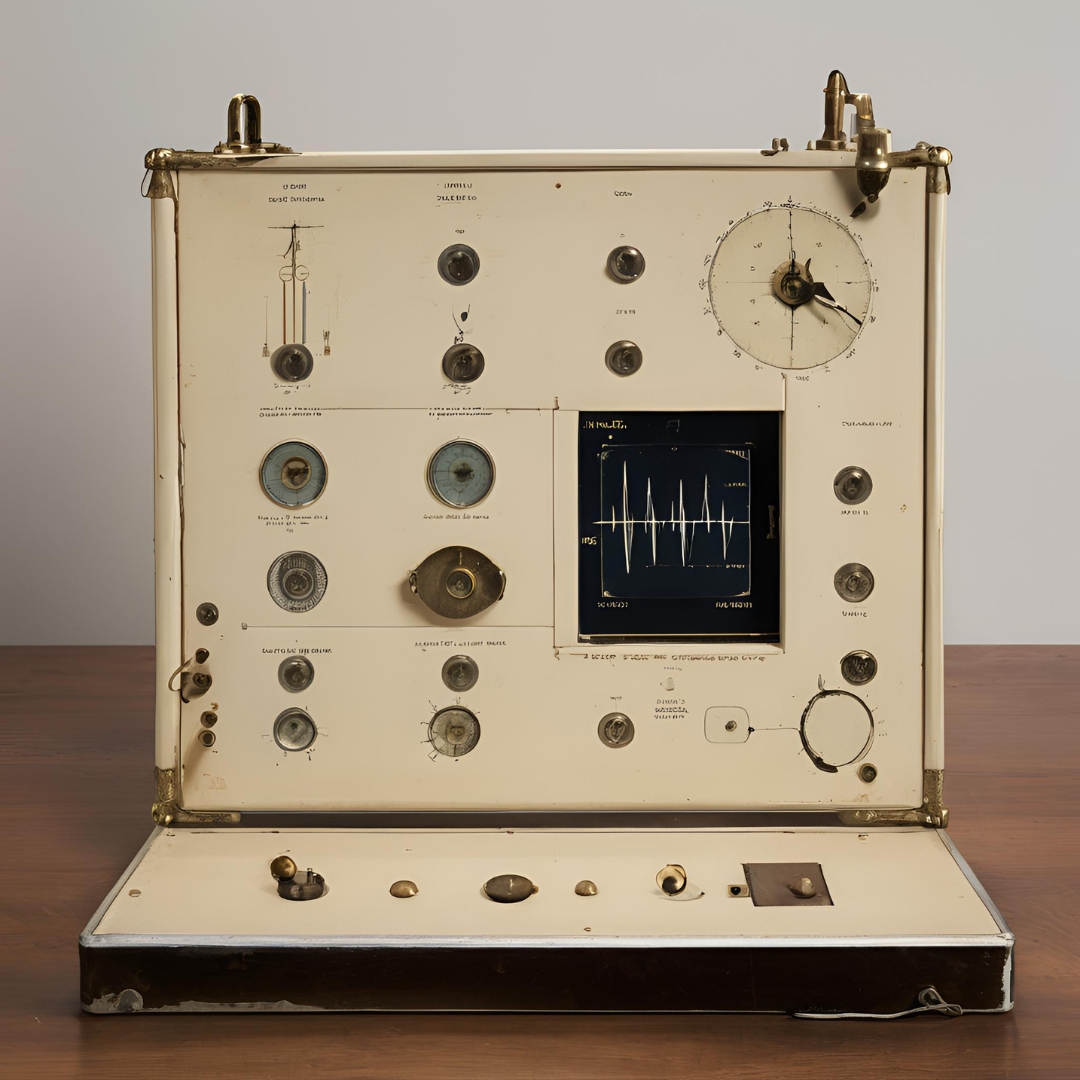Ibn Sina
When we talk about the history of medicine, one name stands out: Ibn Sina, also known as Avicenna in the West. He was a genius from the Islamic Golden Age, and his work still influences the field of medicine today. Born in 980 CE in a small village called Afshona near Bukhara (modern-day Uzbekistan), Ibn Sina was a true polymath. He contributed to various fields like philosophy, astronomy, mathematics, and, most importantly, medicine.
A Young Prodigy
As a child, Ibn Sina showed remarkable intellectual abilities. By the age of 10, he had already memorized the Quran and gained knowledge in subjects like logic, mathematics, and natural sciences. He began studying medicine at just 16 years old and quickly surpassed his teachers. By 18, he was already treating patients and making significant contributions to medical science. Imagine being that young and already making history!

The Canon of Medicine
Ibn Sina’s most famous work, The Canon of Medicine (Al-Qanun fi al-Tibb), was completed in 1025 CE. This monumental book didn’t merely compile existing medical knowledge; it organized it systematically, making it accessible to future generations. The Canon was divided into five books, each covering different aspects of medicine:
- General Principles of Medicine: This book covered the basics, such as anatomy, physiology, and general health.
- Materia Medica (Pharmacology): Here, Ibn Sina discussed various drugs, their effects, and how they should be used.
- Diseases Affecting Specific Parts of the Body: This section dealt with illnesses specific to certain body parts, like the eyes, ears, and digestive system.
- Systemic Diseases: These are diseases that affect the whole body, like fevers and infections.
- Compound Medicines: This book focused on creating medicines by combining different ingredients.
The Canon of Medicine was revolutionary because it wasn’t just a collection of medical knowledge; it was a guide for doctors on how to diagnose and treat patients.
Innovations and Contributions
Ibn Sina didn’t just gather existing knowledge; he introduced new concepts that were far ahead of his time.

Clinical Pharmacology
One of the most remarkable aspects of Ibn Sina’s work is his contribution to pharmacology. He emphasized the importance of testing drugs before using them on patients, which is now a standard practice. Ibn Sina discussed the correct dosages, possible side effects, and the necessity of observing patients after administering medicine. These concepts laid the groundwork for modern pharmacology.
Anatomy and Physiology
Even though his culture did not commonly practice dissection, Ibn Sina made significant contributions to understanding the human body. He described conditions like meningitis with incredible accuracy. Additionally, his work on the circulatory system was advanced for his time.
Diagnosis and Treatment
Ibn Sina excelled at diagnosing diseases. He introduced methods for identifying illnesses based on symptoms and clinical examinations. Remarkably, he was one of the first to accurately describe the symptoms of diabetes and tuberculosis. Alongside this, he provided detailed descriptions of treatments, including surgery, diet, and herbal medicines.

Mental Health
Ibn Sina was also ahead of his time in understanding mental health. He recognized the connection between mental and physical health, which was a revolutionary idea back then. He advocated for treating mental illnesses using a combination of psychological and physical approaches. His insights into conditions like depression and anxiety were groundbreaking.
A Lasting Legacy
The Canon of Medicine wasn’t just popular in the Islamic world; it became a standard textbook in Europe for several centuries. It was translated into Latin in the 12th century and was used in European medical schools until the 17th century. Imagine a book being used for 600 years—talk about staying power!
Beyond medicine, Ibn Sina’s influence extended into philosophy. Thinkers like Thomas Aquinas and Albertus Magnus found inspiration in his work. His contributions to medical science were vast, and they have stood the test of time. Ibn Sina passed away in 1037 CE in Hamadan, Iran, but his legacy lives on, as his work laid the foundation for modern medicine, influencing various fields today.

Finaly
Ibn Sina’s life and work remind us of the power of knowledge and the importance of innovation. He wasn’t just a doctor; he was a thinker, a philosopher, and a pioneer. His contributions to medicine were revolutionary, and they continue to impact the field today. Whether you’re a student of medicine or just someone interested in the history of science, you should know Ibn Sina’s story.
By simplifying complex concepts and emphasizing patient care, Ibn Sina made medicine more accessible and effective. His work serves as a reminder that the pursuit of knowledge can lead to lasting changes in the world. If you ever find yourself reading about medical history, remember the name Ibn Sina—a true giant in the field of medicine.
This post covers the essential aspects of Ibn Sina’s contributions to medical science, written in a way that’s easy to read and optimized for search engines. Whether you’re a student, a medical professional, or just curious, I hope this gives you a clear picture of why Ibn Sina is such an important figure in the history of medicine.






